From Pain To Empowerment: Embracing Healthy Boundaries
If you spend your life sparing people’s feelings and feeding their vanity, you get so you can’t distinguish what should be respected in them. - F. Scott Fitzgerald, Tender Is The Night, The Last Tycoon
I’d like to talk about boundaries – healthy ones. It’s not an issue for many people, but always has been for me, and people like me.
- I’m reluctant to say no to someone who asks for help, and will often find myself involved in something that forces me to put what I need to do for myself on the back burner. Or worse, I end up trying to do everything and don’t get anything done well, letting down myself and the others I was trying to help;
- I feel the need to take responsibility for the well being of others I’m with when I shouldn’t. If it’s for something I’m hired to do, this puts me in an unenviable position of having to answer for the mistakes of others I have no real influence over;
- I blame myself – or feel somehow guilty – for things going wrong that involve my community, regardless of whether I took an active part.
All of these instances are moments when my boundaries are either non-existent or close to non-existent. It’s a painful way to be.
Good, healthy boundaries look something like this:
- They define what is important to me for my well-being;
- They are clear, helping me determine without too much effort what I can engage in and to what extent;
- They are flexible, depending on what’s going on in my life;
- And I take them seriously.
As with so many like me who struggle with developing, and then honouring healthy boundaries, my own boundaries were crossed many times and in many different ways as a child. Sometimes unintentionally, and sometimes with ill intent. I had to learn as an adult what boundaries even meant, let alone how to honour my own and others’.
For me, my boundaries reflect what is important to me – my values and desires. I’ve learned that my values and desires always need to be part of everything I do, and if they aren’t, or aren’t respected, then I need to move on.
For instance, I value mutual, respectful, honest interaction: if the exchange has those qualities, even if it’s loud and emotional, I want to stay; otherwise, I don’t feel a need to stay. Another example, these days, is if I’m asked to participate in a community event that I want to be a part of, but that is happening when I have another even more important personal obligation to meet. I say no to the first because I’ve learned!
Good boundaries make good neighbours is a cliché because it is so true!
What are your boundaries? Do you know them? How do you honour them in your life?
Invitation
I hope you enjoyed this article. When you’re ready to take the next step on your life journey, book a free 20 min consultation with me.

